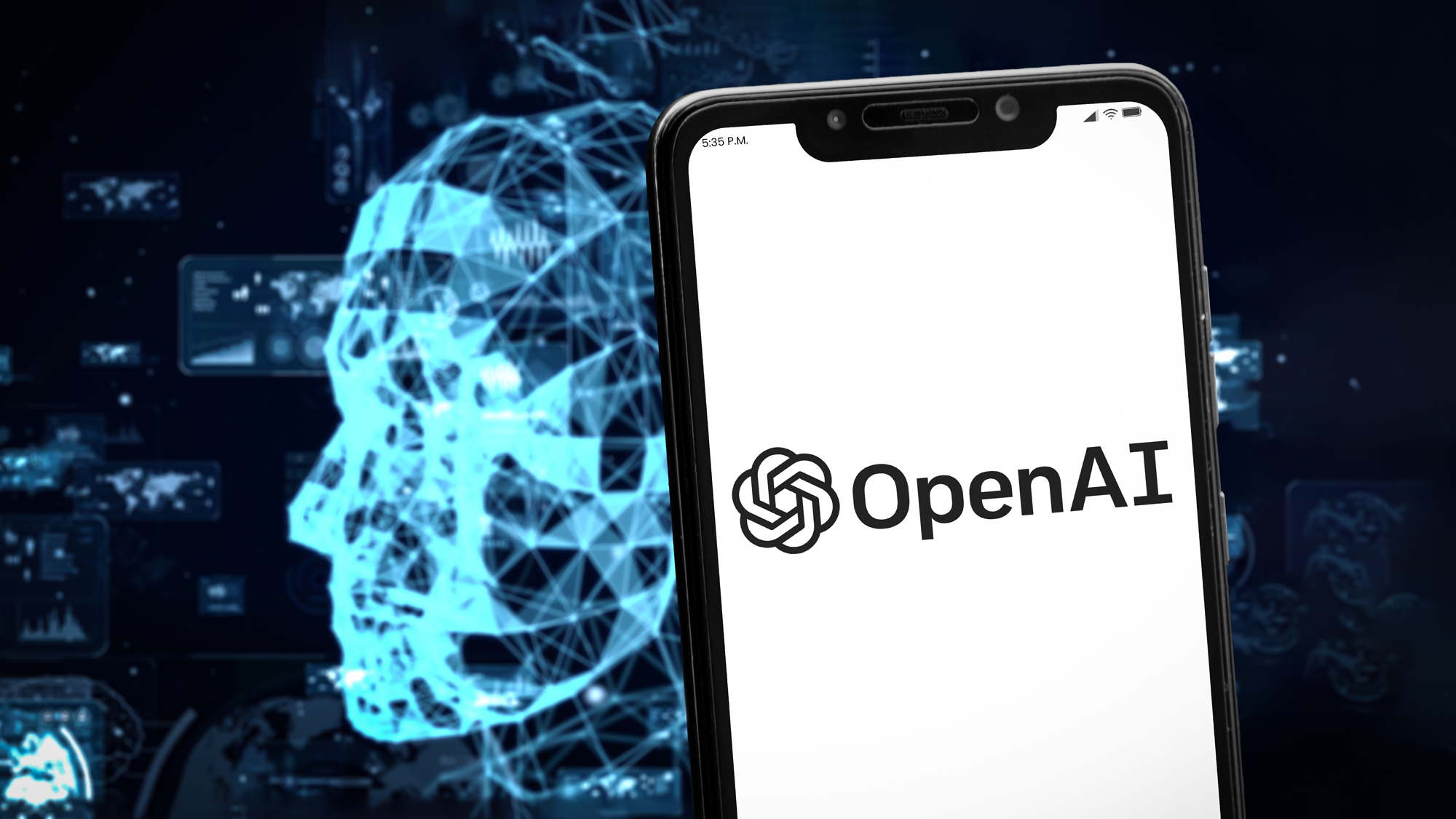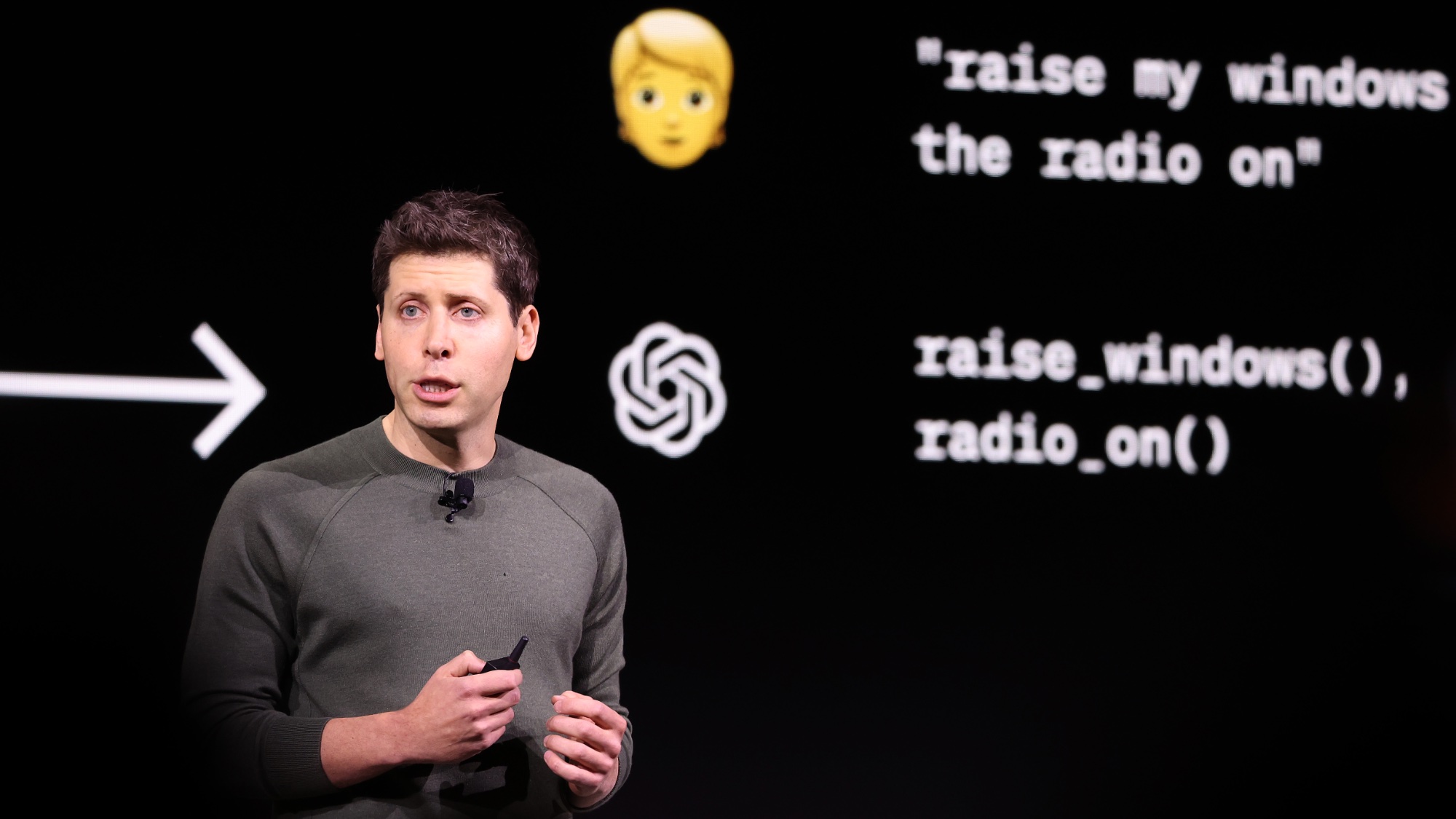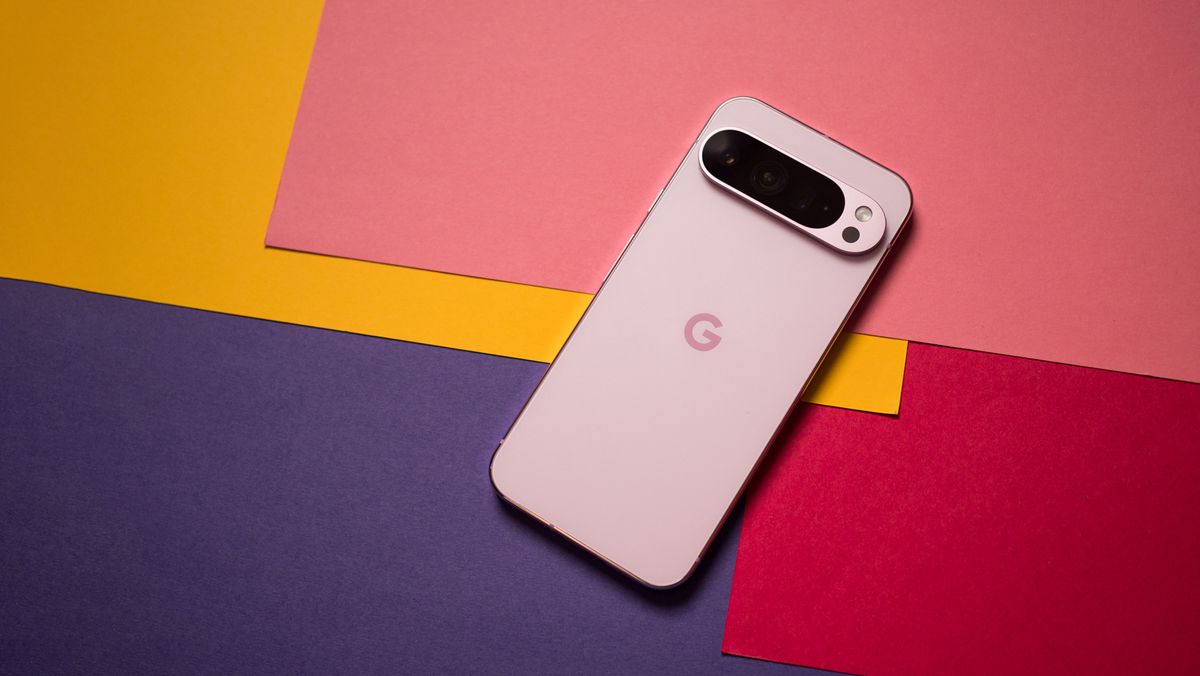OpenAI made its boldest move yet, which could completely reshape how we interact with artificial intelligence. The OpenAI CEO has acquired io, an AI hardware startup co-founded by former Apple design chief Jony Ive, in a $6.5 billion deal.
Altman hopes to create the "iPhone of AI" — an intuitive and human-friendly device that might make our current smartphones feel outdated.
Why it matters

The partnership fuses OpenAI’s advanced software with Ive’s world-renowned hardware design ethos. Beyond a business deal, it’s a moonshot to reinvent what AI can look and feel like in everyday life.
If successful, this could be the moment AI moves off our screens and into the world around us.
“AI is an incredible technology,” OpenAI CEO Sam Altman said in a statement as part of a joint announcement by OpenAI and Jony Ive's design firm, LoveFrom, detailing their collaboration to develop new AI-driven hardware products.
“But great tools require work at the intersection of technology, design, and understanding people. No one can do this like Jony and his team.”
What’s actually happening?

Jony Ive isn’t joining OpenAI directly. Instead, his independent firm, LoveFrom, will lead design for the upcoming AI hardware.
Over 55 former Apple engineers are also coming onboard, including key names behind the iPhone and Apple Watch: Scott Cannon, Evans Hankey, and Tang Tan.
The team’s first device is expected in 2026. According to early leaks and interviews, the focus will be on "invisible" or ambient computing. That means less screen time, more natural interactions, and potentially a whole new category of AI-integrated products.
A human-first design
Both Altman and Ive have been open about the pitfalls of current tech, especially the addictive, screen-based models that dominate our lives.
The new AI devices aim to break that pattern, using design and voice-based interfaces to make technology feel less like a distraction and more like an invisible assistant.
Leaked concepts suggest we might see:
- Voice-first AI interfaces that respond naturally, no screens required
- Wearables that anticipate your needs with minimal input
- Home-based AI that blends into the environment, not your phone
“Everything I’ve learned over 30 years has led to this,” Ive told The Wall Street Journal. “I’m anxious, excited, and grateful.”
The bigger picture

This is OpenAI’s largest acquisition to date, and perhaps the most strategic. With ChatGPT already in the hands of millions, the company now has the design talent to build physical devices that could bring generative AI to the forefront of consumer tech.
If this works, we could be looking at AI’s equivalent of the iPhone moment: an expertly designed, game-changing product that sets the tone for the next decade of personal technology.
Final take
This $6.5 billion deal with OpenAI, Jony Ive and 55 ex-Apple engineers, means we could soon see AI hardware designed for natural, screen-free interaction by 2026.
OpenAI is betting on a future where AI fades into the background, enhancing life as a smart companion instead of dominating it.
More from Tom's Guide
- The only 5 prompt types you need to master ChatGPT (and any other chatbot)
- Google Gemini can now access your Gmail and Docs — here’s why that matters
- New to Google Gemini? Try these prompts to get started
Back to Laptops
![]()
Show more
.png)












 English (US) ·
English (US) ·